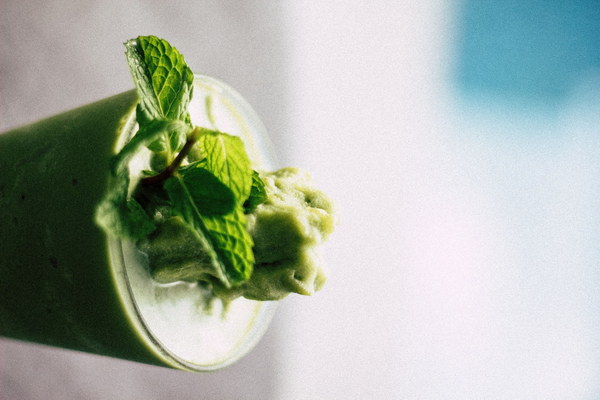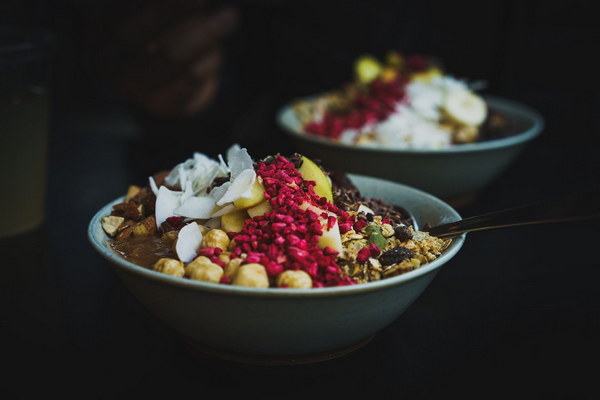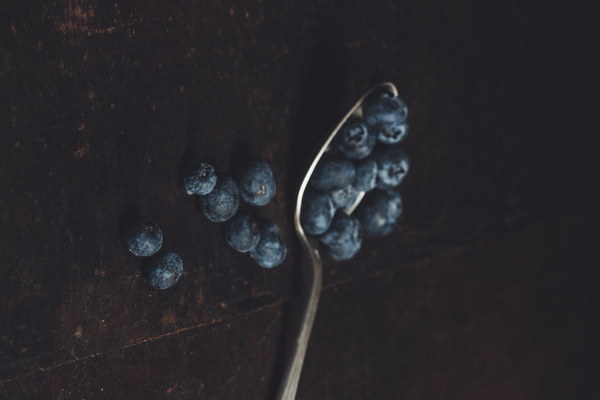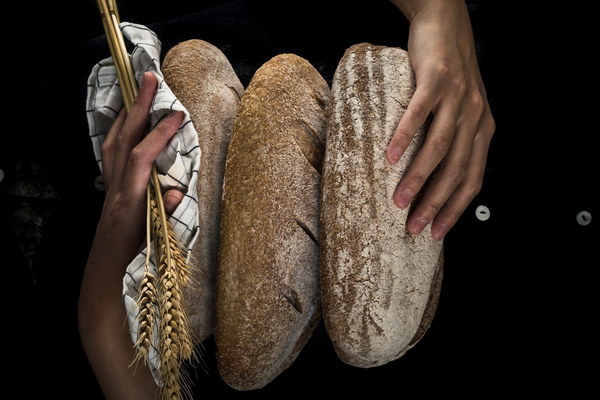Discover the Beauty of Qinghai A Gourmet Guide to the region's Nourishing Flower Teas
The Beauty of Qinghai: A Gourmet Guide to the Region's Nourishing Flower Teas
Nestled in the heart of China's vast and majestic Qinghai Province, the landscape is as breathtaking as its natural treasures. Among these treasures lies a lesser-known gem: Qinghai's unique and nourishing flower teas. These herbal infusions not only offer a soothing respite from the bustling world but also come with a host of health benefits. Let's embark on a journey to explore the enchanting world of Qinghai's flower teas.
1. The Qinghai Province: A Brief Introduction
Qinghai, often referred to as the Roof of the World, is renowned for its stunning high-altitude landscapes, including the magnificent Qinghai Lake and the breathtaking Tanggula Mountains. This region is also home to a rich tapestry of ethnic cultures, each contributing to the unique culinary traditions, including the art of tea-making.
2. The Art of Qinghai Flower Teas
Qinghai flower teas are a testament to the region's natural beauty and traditional wisdom. These teas are crafted from a variety of flowers, herbs, and fruits, each selected for its unique properties and flavors. Here are some of the most notable flower teas from Qinghai:
a. Jade Lily Tea (Jade Lily Tea)
Renowned for its delicate petals and sweet aroma, Jade Lily Tea is a favorite among tea enthusiasts. Made from the petals of the Spathe plant, this tea is known to have a cooling effect on the body and is often consumed to aid digestion.
b. Narcissus Tea (Daffodil Tea)
Narcissus Tea is a delightful blend of narcissus flowers and green tea leaves. This tea not only boasts a fresh and invigorating flavor but also offers anti-inflammatory and antioxidant benefits.
c. Peony Tea (Peony Tea)
Peony Tea is a fragrant and colorful tea that features the vibrant petals of the peony flower. It is believed to boost the immune system and improve skin health due to its high vitamin content.
d. Chrysanthemum Tea (Chrysanthemum Tea)
Chrysanthemum Tea is a classic and widely consumed tea in Qinghai. Known for its cooling properties, it is often enjoyed during the hot summer months to refresh the body and mind.
3. The Health Benefits of Qinghai Flower Teas
In addition to their delightful flavors, Qinghai flower teas are packed with health benefits. Here are some of the advantages of sipping on these floral infusions:
- Antioxidants: Many of the flowers used in Qinghai teas, such as chrysanthemums and narcissi, are rich in antioxidants, which can help protect against cell damage and support overall health.
- Digestive Aid: Flower teas like Jade Lily Tea can aid in digestion, making them a popular choice after meals.
- Immune System Boost: Peony Tea and other flower teas are known for their immune-boosting properties, helping to ward off illness and maintain vitality.

- Skin Health: The vitamins and nutrients found in flower teas can contribute to healthier, more radiant skin.
4. Savoring Qinghai Flower Teas
To truly appreciate the flavors and benefits of Qinghai flower teas, it is essential to follow the proper brewing techniques:
- Water Temperature: Use water heated to around 80-90 degrees Celsius for the best results.
- Steeping Time: Depending on the type of tea, steep for 2-5 minutes to release the full flavor.
- Re-steeping: Many flower teas can be re-steeped multiple times, allowing you to enjoy the tea throughout the day.
5. Conclusion
Qinghai's flower teas are a delightful blend of natural beauty and traditional Chinese wisdom. Whether you seek a moment of tranquility or a boost to your health, these floral infusions offer a unique and enriching experience. So, the next time you're in search of a truly nourishing tea, look no further than the enchanting flower teas of Qinghai.









